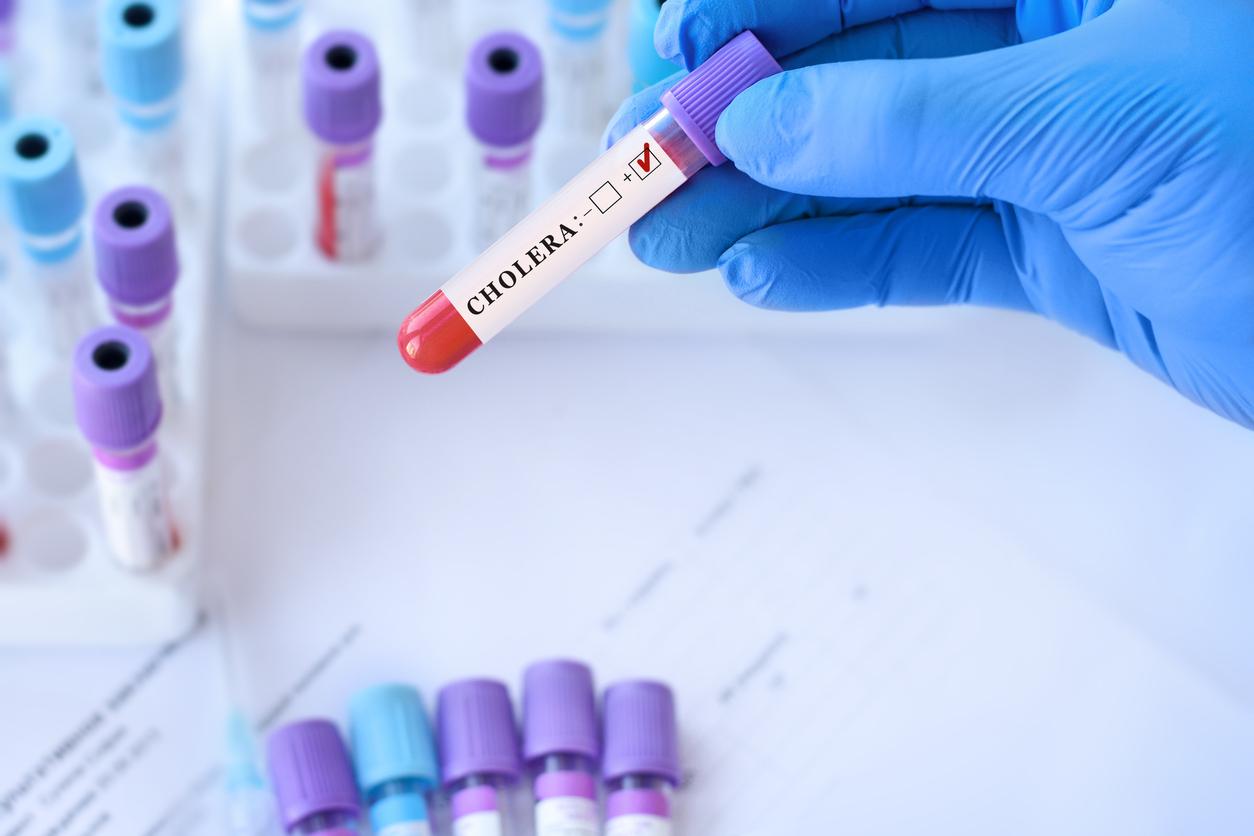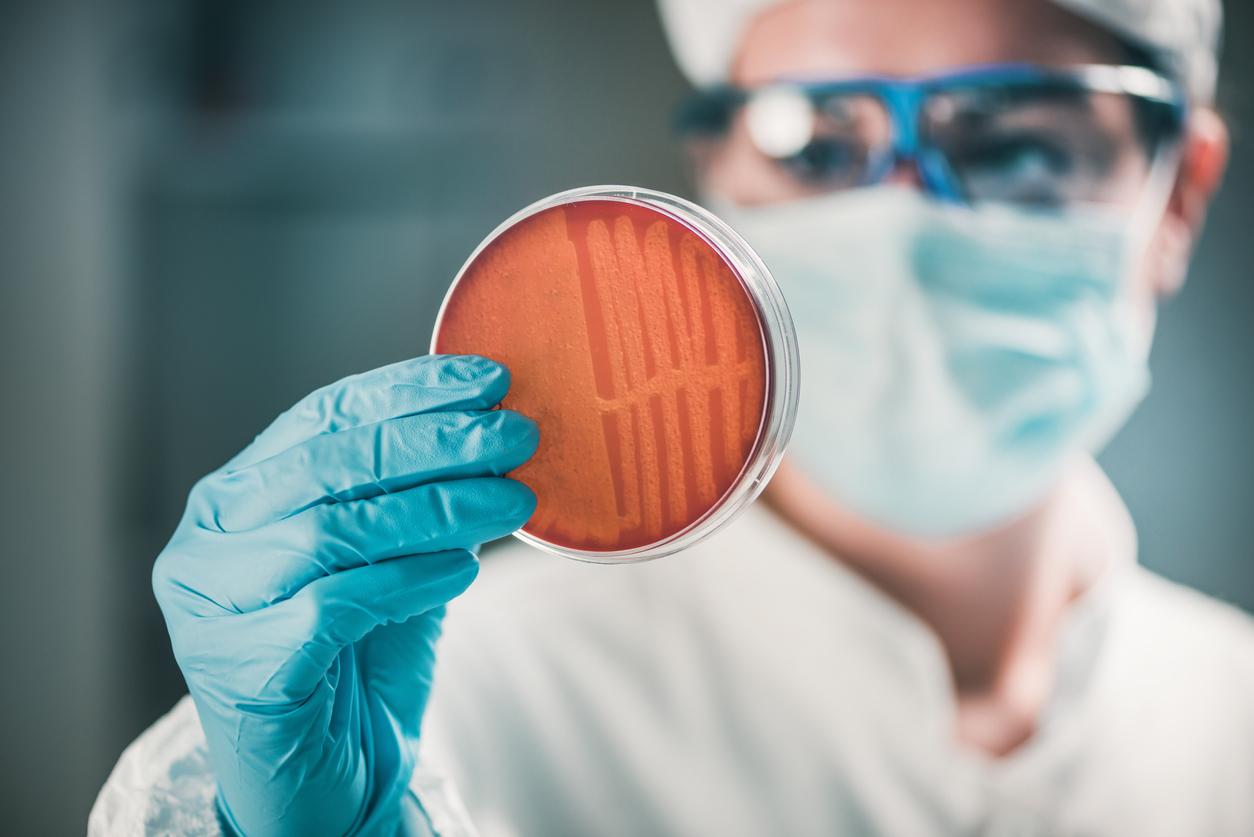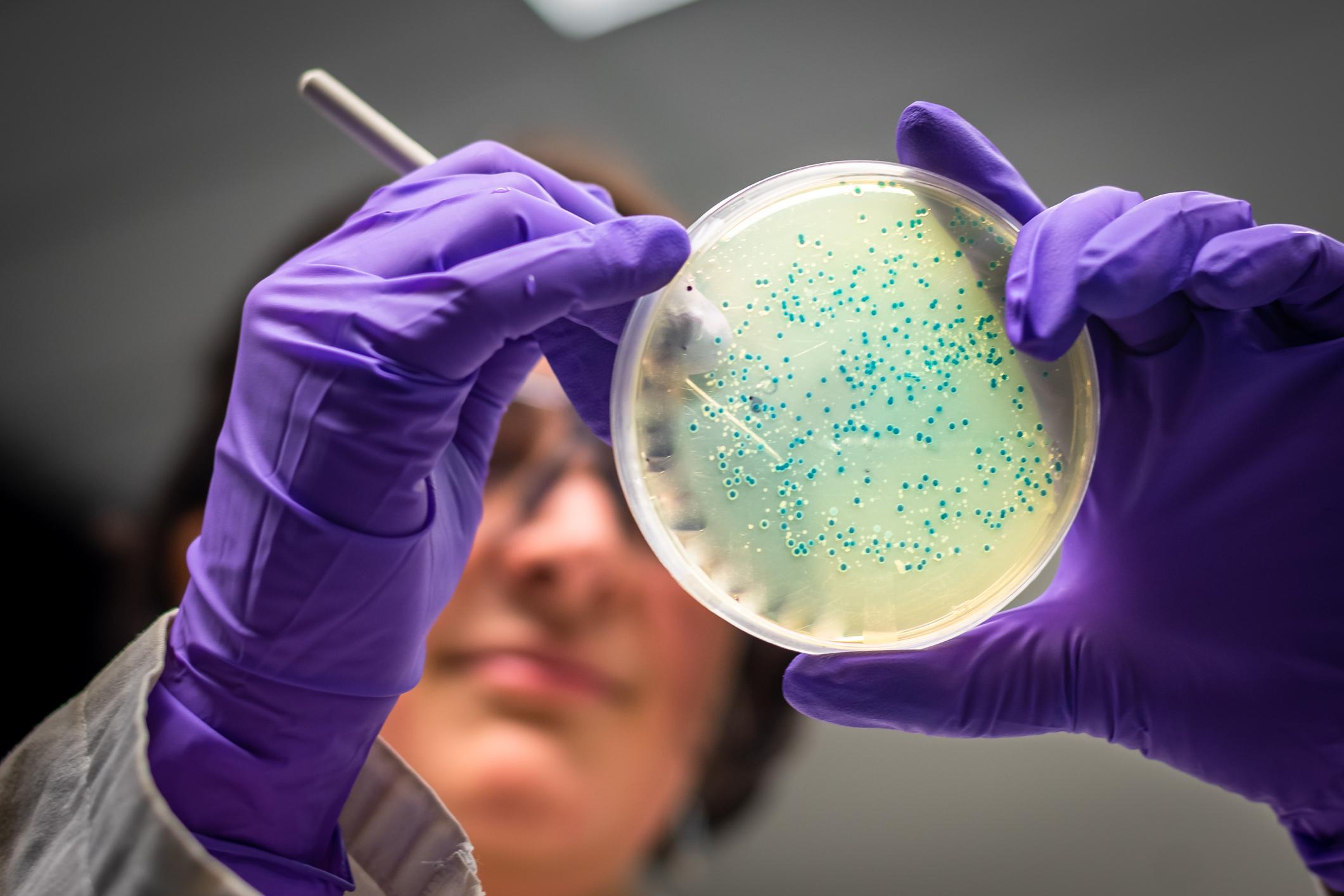According to scientists, two antibiotic-resistant bacteria caused the death of nearly 8,000 Japanese people each year between 2011 and 2017.

Considered a major global health threat by the World Health Organization (WHO), antimicrobial resistant infections are already responsible for the deaths of thousands of people worldwide.
At the end of 2018, a study estimated antibiotic-resistant bacteria had caused the death of 33,000 people in 2015 within the European Union. Deaths linked to multidrug-resistant bacteria are estimated at 35,000 each year in the United States.
In Japan, on the other side of the world, the threat is also present, although no figures have been published so far. This is now done with a study by the Center Hospital of the National Center for Global Health and Medicine, relayed in particular by The Japan Times.
According to its authors, two bacteria would be responsible for the death of nearly 8,000 people in the archipelago in 2017.
Changing our habits to fight superbugs
To estimate the number of deaths caused by antibiotic resistance in Japan, researchers collected data on patients with bacteremia caused by two commonly detected antibiotic-resistant bacteria: methicillin-resistant staphylococcus aureus (MRSA) and fluoroquinolone-resistant salmonella.
Based on data provided by medical institutions, the team estimated that the annual number of deaths was between 7,400 and 8,100 between 2011 and 2017.
In detail, the number of deaths from MRSA stood at 4,224 in 2017 – a figure that has been falling since 2011. The number of deaths linked to salmonellosis is estimated at 3,915, with an increase in recent years. .
“As the number of deaths from MRSA declines, the government’s measures against drug-resistant bacteria, including the administration of hospital-friendly treatment promoting the appropriate use of antibiotics, appear to be effective at a certain level”, explains Professor Hiroshige Mikamo, specialist in bacteriology at the University of Medicine Aichi.
According to the researcher, there is an urgent need to develop new drugs for which the bacteria have not yet developed resistance. It is also essential that doctors change their habits by prescribing antibiotics only when absolutely necessary. “The world needs to urgently change the way it prescribes and uses antibiotics. Even if new drugs are developed, without behavior change, antibiotic resistance will remain a major threat,” he warns.
Already in 2014, a report commissioned by the British government already estimated that antimicrobial resistant infections could become the leading cause of death worldwide by 2050, causing 10 million deaths per year.
.

















